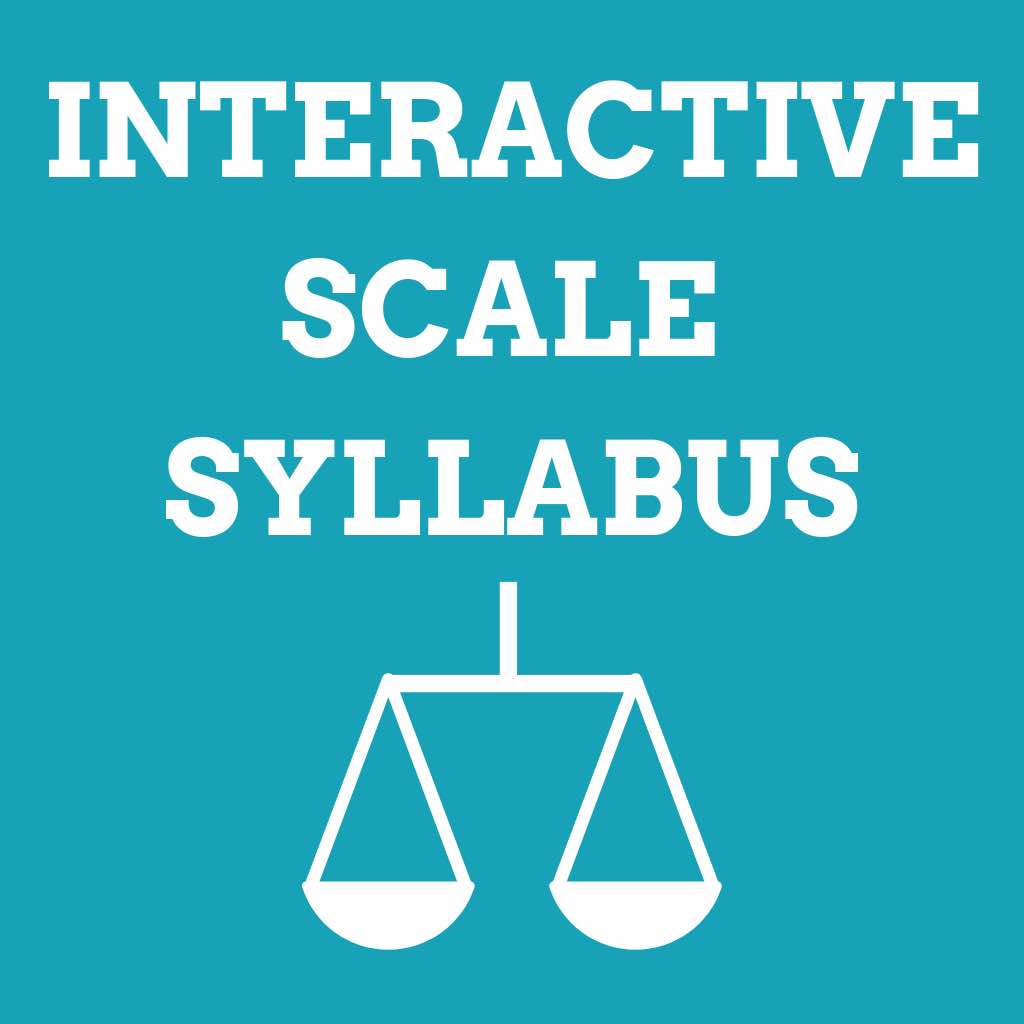 Chick Corea, pictured left, performed and hosted a Q&A at the Berklee College of Music in 1985. Rushworth M. Kidder, a staff writer for The Chrisitan Science Monitor was
in attendance and wrote about it here .
Chick Corea, pictured left, performed and hosted a Q&A at the Berklee College of Music in 1985. Rushworth M. Kidder, a staff writer for The Chrisitan Science Monitor was
in attendance and wrote about it here .
As part of the clinc, Corea provided a handout titled "Cheap but Good Advice for Playing Music in a Group." I learned via Facebook that drummer Ed Soph was the typest for this document.

The first time I saw this sheet was in a rehearsal at Thelonious Monk Institute, where it was taped onto a music stand. Like Thelonious Monk's advice to Steve Lacy and Elvin Jones' Thoughts, I think of this advice often, both when playing and teaching.
For some more advice from Chick, here's a clinic he did with the Monk Institute in 2002.
Note: I've typed out Chick's advice below.

- Play only what you hear.
- If you don’t hear anything, don’t play anything.
- Don’t let your fingers and limbs wander — place them intentionally.
- Don’t improvise on endlessly — play something with intention, develop it or not, but then end off, take a break.
- Leave space — create space — intentionally create places where you don’t play.
- Make your sound blend. Listen to your sound and adjust it to the rest of the band and the room.
- If you play more than one instrument at a time — like a drum kit or multiple keyboards — make sure that they are balanced with one another.
- Don’t make any of your music mechanically or just through patterns of habit. Create each sound, phrase, and piece with choice — deliberately.
- Guide your choice of what to play by what you like-not by what someone else will think.
- Use contrast and balance the elements: high/low, fast/slow, loud/soft, tense/relaxed, dense/sparse.
- Play to make the other musicians sound good. Play things that will make the overall music sound good.
- Play with a relaxed body. Always release whatever tension you create.
- Create space — begin, develop, and end phrases with intention.
- Never beat or pound your instrument — play it easily and gracefully.
- Create space — then place something in it.
- Use mimicry sparsely — mostly create phrases that contrast with and develop the phrases of the other players.





